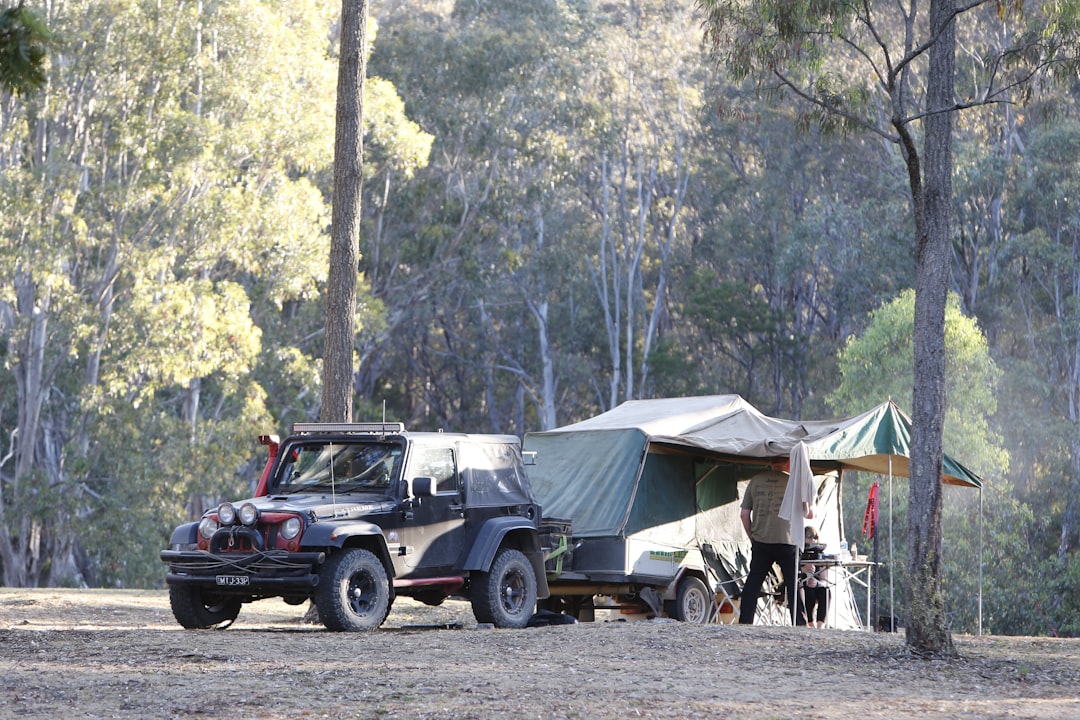
In a world that moves at a rapid pace, the concept of slow travel has gained traction among those seeking a deeper connection with nature and culture. Slow travel is not just about reaching a destination; it’s about savoring the journey itself. Instead of rushing from one tourist hotspot to another, slow travel encourages travelers to immerse themselves in the local way of life, embrace nature’s rhythms, and engage with communities in a meaningful way.
Imagine waking up to the sound of birds chirping, taking a leisurely stroll through a lush forest, and sipping freshly brewed coffee while watching the sunrise over a tranquil lake. Slow travel allows you to appreciate the beauty of the outdoors without feeling the need to constantly check off items on a must-see list.
One of the key aspects of slow travel is sustainability. By choosing eco-friendly accommodations, supporting local businesses, and minimizing your carbon footprint, you can reduce the negative impact of your travels on the environment. Whether it’s opting for a camping trip in a national park or staying at a cozy bed and breakfast run by a local family, there are plenty of ways to enjoy the great outdoors while treading lightly on the planet.
Moreover, slow travel can have profound psychological benefits. In a world where stress and anxiety are all too common, spending time in nature can be a powerful antidote. Studies have shown that being in natural environments can lower cortisol levels, reduce blood pressure, and improve overall well-being. By immersing yourself in the beauty of the outdoors, you can rejuvenate your mind, body, and soul.
So, the next time you plan a trip, consider embracing the art of slow travel. Whether you’re hiking through rugged mountains, kayaking along pristine rivers, or simply lounging in a hammock under the shade of a towering tree, take the time to appreciate the wonders of the natural world. Slow down, breathe deeply, and let the beauty of the outdoors envelop you in its embrace.